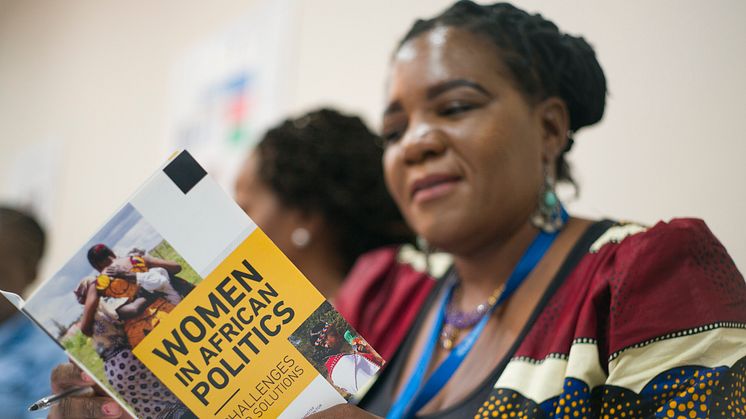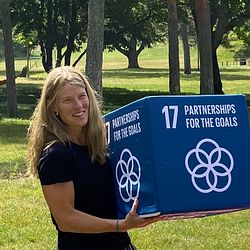
Blogginlägg -
How to get citizens more engaged in Local Politics?
Author: Rebecca Abers, Associate Professor of Political Science, University of Brasília attending ICLD Local Democracy Academy in Umeå 10-14th of June and have lectures under the thematic stream: "Social accountability and alternative forms of participation in local democracy" .
All throughout the world, politics is increasingly under attack. Research has shown that voters in many countries are increasingly critical of politicians at the same time that they are less willing to do anything to try to change what they criticize. This places us at an important moment for thinking about how to promote democracy and citizen participation, the main goal of the ICLD’s Local Democracy Academy. Researchers have come together to discuss initiatives for improving local governance and sustainability.
One group of scholars in the thematic session on social accountability and alternative forms of participation in local democracy asks how to get citizens more engaged in local decision-making. The studies present largely frustrating results. Local advisory councils in Poland involve experts and NGOs in proposing policy directions, but give them little real influence over government decisions. Legislation allowing for recall elections and citizen consultations in Colombia has rarely been used. In rural Zimbabwe, decentralization left land reform settlements in the hands of competing traditional, party and government authorities, all of whom demand allegiance.
Although often well intentioned, many institutional reforms intended to promote citizen participation end up producing even more skepticism about politics because they fail to actually mobilize ordinary people and give them real influence over decision-making. These studies alert us to an important trap to avoid: thinking of “participation” as a sort of technical solution that can improve governance by getting around politics and hearing directly the voices of “the people”. In practice, as long as proponents think of participation as technical and not political, they are unlikely to confront the contested political terrains in which these kinds of innovations necessarily must operate.
Politics is messy: it producesoverlapping political authorities in Zimbabwe, conflicting court decisions in Colombia and almost everywhere the opposition of political and economic elites who see no point in supporting any kind of real devolution of power to ordinary people. Denying these political problems only increases the chances that efforts to involve citizens in politics will lead to more disillusionment. Promoting greater participation requires engaging politics rather than rejecting it.
/Rebecca Abers, Associate Professor of Political Science, University of Brasília

